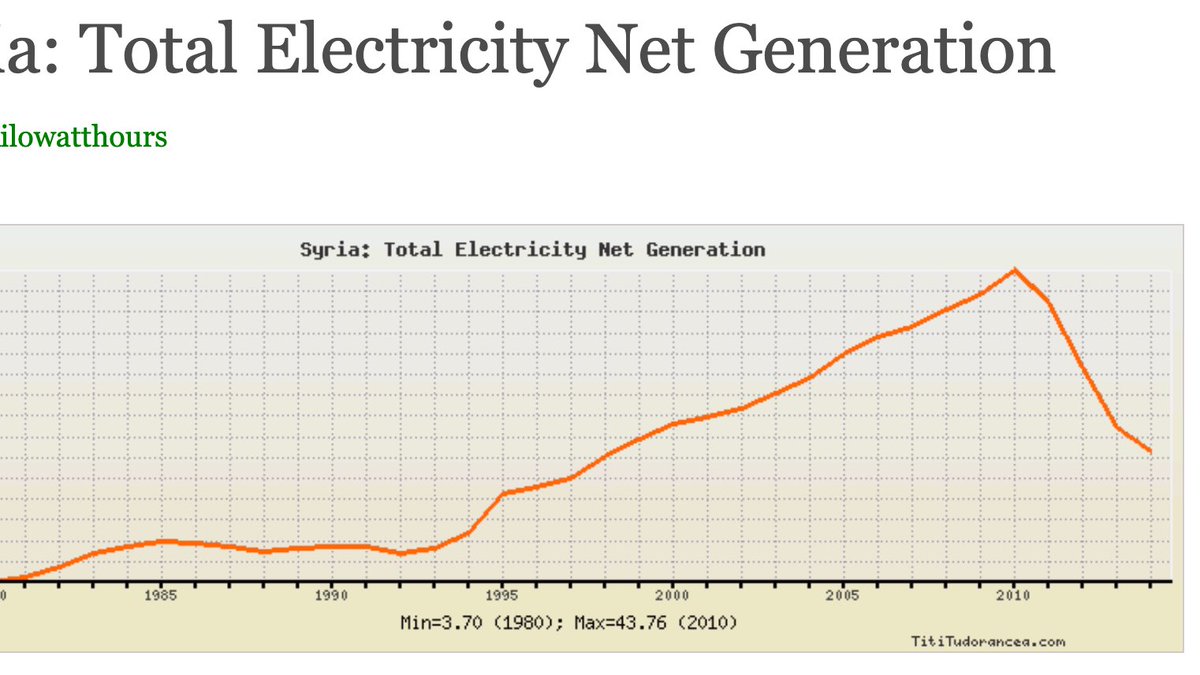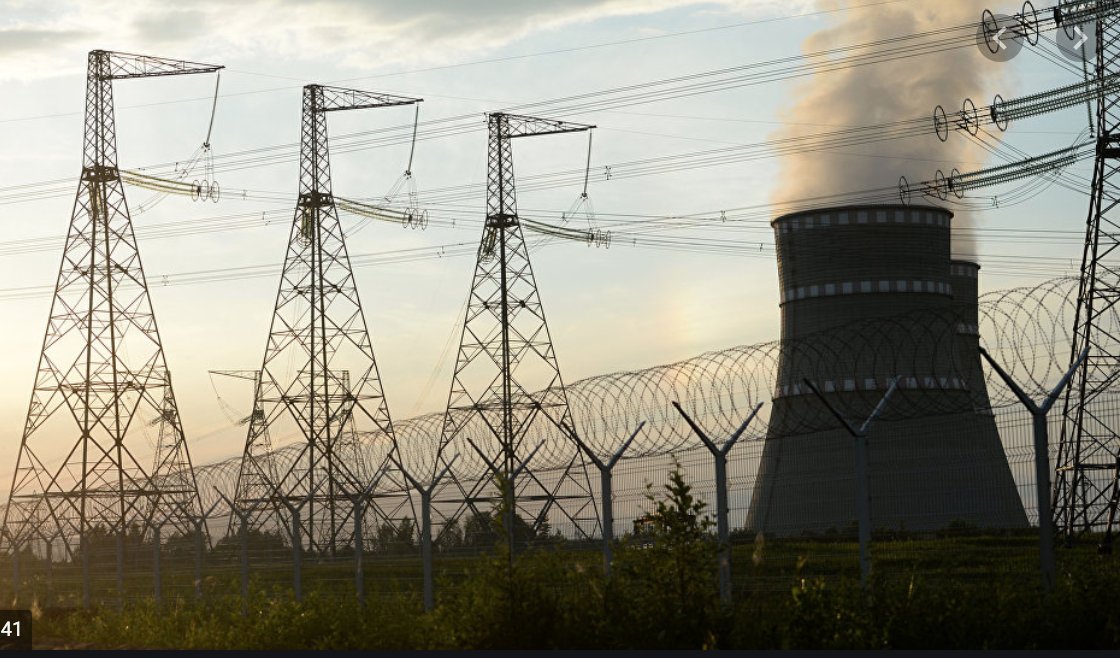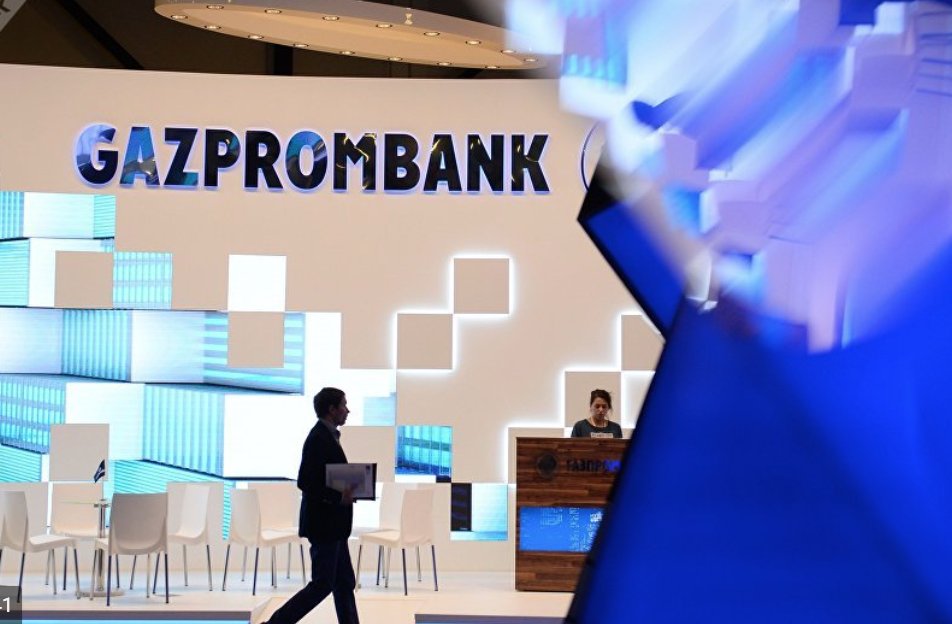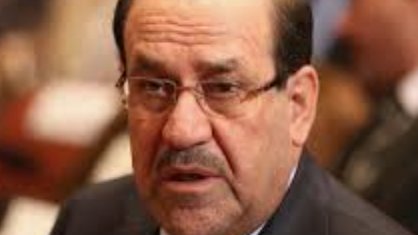
How US Sanctions Halt Electric Power Production in Syria
Syria's electric power output is running at less than 30% of the capacity of its plants. Why?
1. Gas and oil wells are controlled by the SDF which is backed by US troops.
Thread =>
Syria's electric power output is running at less than 30% of the capacity of its plants. Why?
1. Gas and oil wells are controlled by the SDF which is backed by US troops.
Thread =>

2. The lack of spare parts for the maintenance of the existing power plants. This is due to US-backed sanctions. The electric power is rationed to homes and factories and provides power at a rate of one hour on and four hours off.
3. The construction of 2 new power plants that would bring an increased capacity of 1150 megawatts has been halted due to the sanctions:
The contractor of the Tishreen extension project that is to provide 400 megawatts is Baharat Heavy Electrical Limited, owned by the Indian gov
The contractor of the Tishreen extension project that is to provide 400 megawatts is Baharat Heavy Electrical Limited, owned by the Indian gov

The bank in India is not able to transfer money to resume the work, of which 25% has been completed (this project is financed by a loan from India).
The Deir Ez-Zour Power Plant capacity is to be 750 MW. It is financed by the Syrian gov & was started in 2016.
The Deir Ez-Zour Power Plant capacity is to be 750 MW. It is financed by the Syrian gov & was started in 2016.

GasProm Bank (Moscow) issued the letter of credit. It was the only bank to agree to cooperate with the Syrian Gov due to sanctions at that time. 40% of the equipment was shipped before the imposition of more recent sanctions that prevent GasProm from making further shipments. 

• • •
Missing some Tweet in this thread? You can try to
force a refresh



